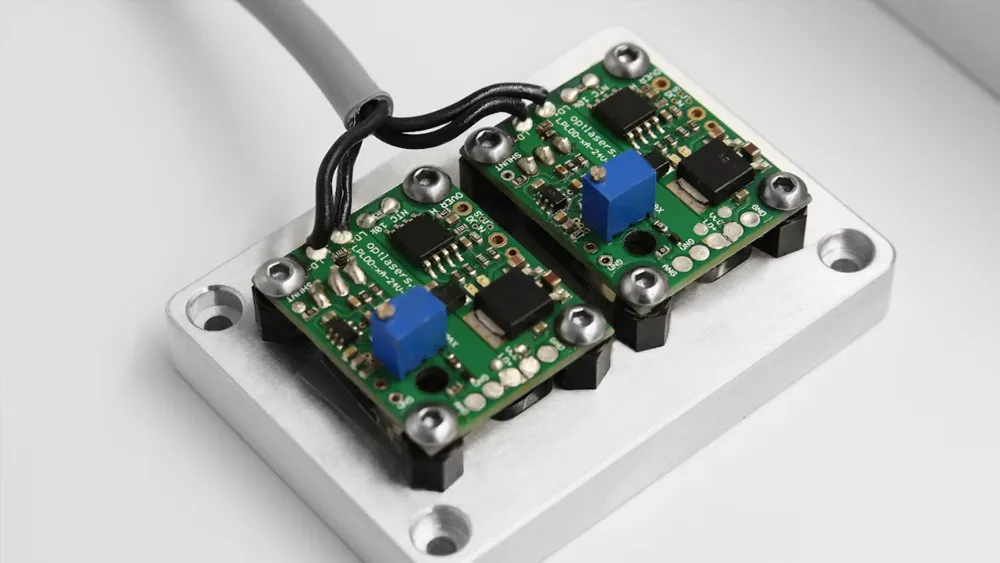
Children's Apparel Testing LAB
Children's apparel, commonly referRED to as children's clothing, refers to clothing suitable for children. It is categorized based on age groups, including infant clothing, toddler clothing, small children's clothing, medium children's clothing, and large children's clothing. The Children's Product Certificate (CPC) is primarily aimed at products for children under 12 years old, such as toys, cribs, children's clothing, etc. For products manufactured in the U.S., the manufacturer provides the certificate; for products made in other countries, the importer provides it. In other words, cross-border sellers, acting as “importers,” who wish to sell factory-made products in the U.S. must provide a CPC certificate to retailers/distributors like Amazon.
Basic Requirements for Amazon U.S. Marketplace:
1. The CPC certificate must be based on the resULts of testing conducted by a CPSC-recognized third-party laboratory.
2. The CPC certificate is issued by the seller, though third-party laboratories may assist in drafting the CPC certificate.
3. Children's products must comply with all relevant safety rules and regulations.
Information Required in the CPC Certificate:
1. Product information (name and description).
2. All applicable regulations and rules for the product.
3. Manufacturer information: including name, address, and phone number.
4. Product production date and address (the production date must include at least the month and year, the address must include at least the city).
5. Testing date and address.
6. Third-party testing laboratory information (CPSC-recognized lab): name, address, contact number.
cpc testing Items for Children's Clothing:
1. Lead content testing: CPSC-CH-E1003-09 and CPSC-CH-E1002-08.
2. Phthalates: CPSC-CH-E1001-09.3.
3. Flammability requirements: 16CFR1610 and 16CFR1611, etc.
4. Small parts: Sharp points & sharp edges testing, 16CFR1501 and 16CFR1500, etc.
For the test report, it must be issued by a laboratory accredited by the U.S. Consumer Product Safety Commission (CPSC) and confirm that each product has passed testing and complies with the above regulations/standards. The report should include details such as the product’s packaging, compliance marks, warning labels, and age grading (if applicable). The product images in the test report must match the product images displayed on the detail page.
Email:hello@jjrlab.com
Write your message here and send it to us
 Canada ISED Certification RSS-247 Standard Testing
Canada ISED Certification RSS-247 Standard Testing
 What Are the Product Compliance for Amazon Austral
What Are the Product Compliance for Amazon Austral
 Australia IoT Security Compliance
Australia IoT Security Compliance
 V16 Warning Light EU EN 18031 Cybersecurity Certif
V16 Warning Light EU EN 18031 Cybersecurity Certif
 Japan IoT Security JC-STAR Certification
Japan IoT Security JC-STAR Certification
 FCC SDoC Compliance Information Statement
FCC SDoC Compliance Information Statement
 What Does FCC SDoC Certification Mean?
What Does FCC SDoC Certification Mean?
 What is Bisphenol A (BPA) Testing?
What is Bisphenol A (BPA) Testing?
Leave us a message
24-hour online customer service at any time to respond, so that you worry!




